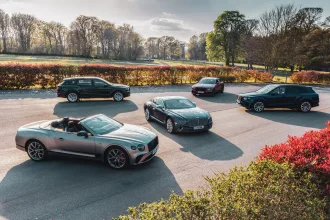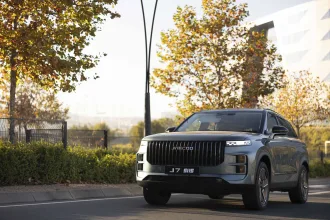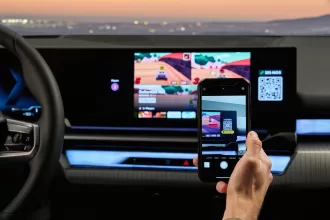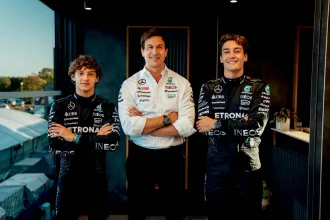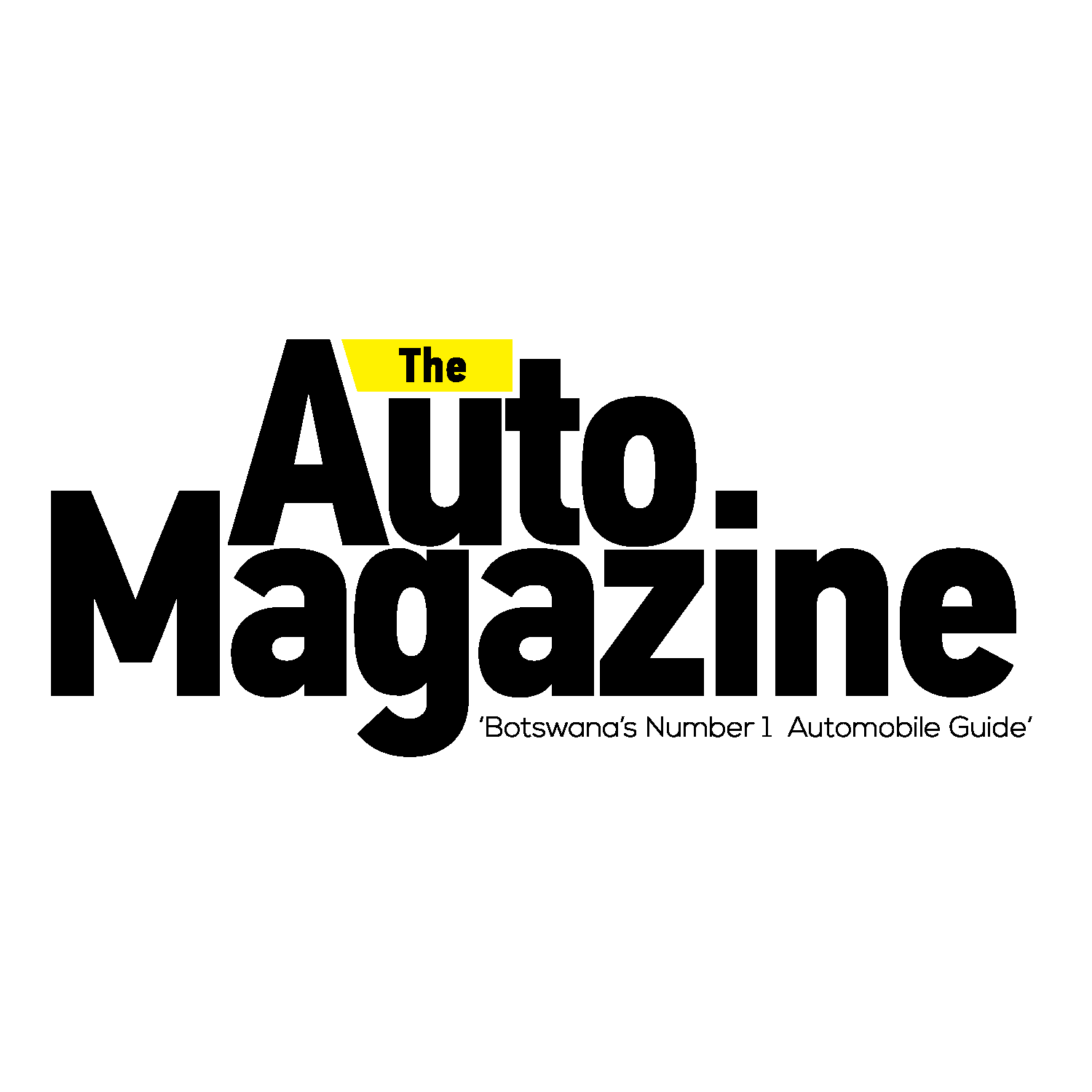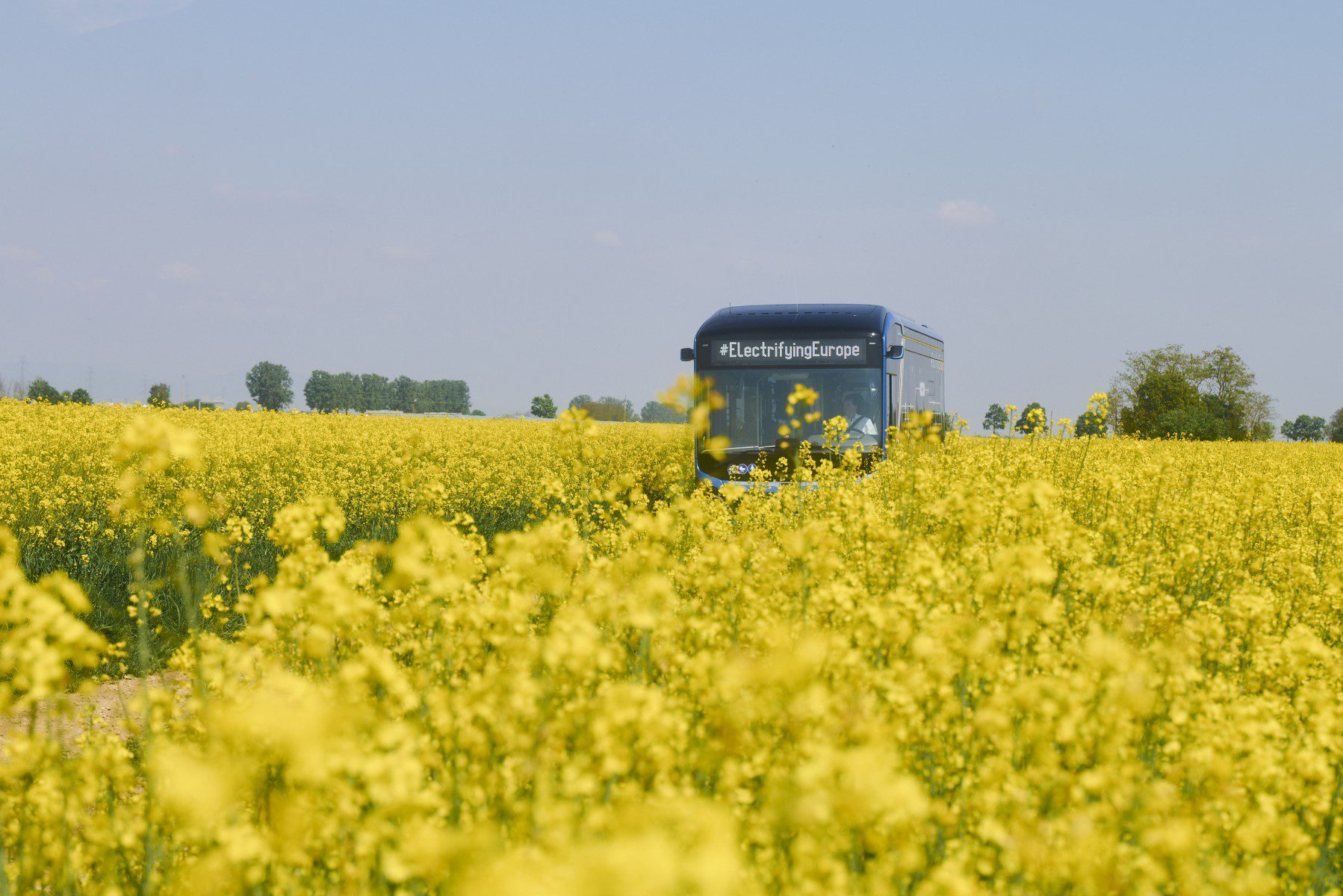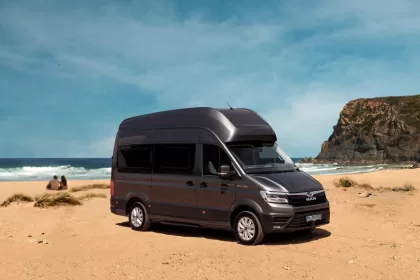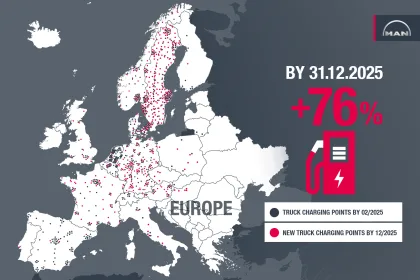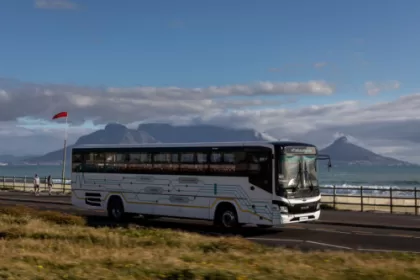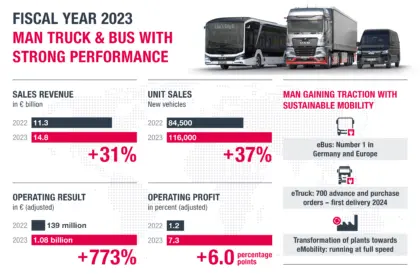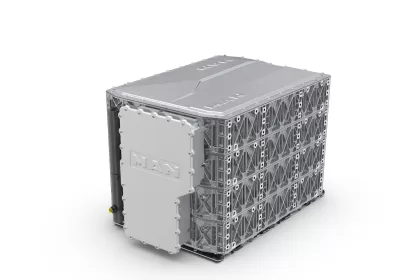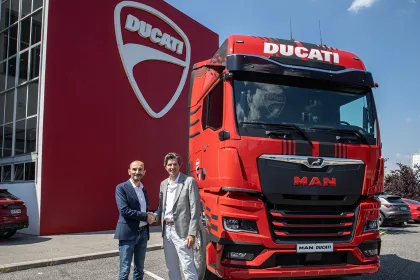- Order intake for electric buses more than triples in 2022
- Series production of eTrucks in Munich from 2024
- Target of balance sheet greenhouse gas neutrality by 2050 at the latest confirmed
- Environmental protection investments at plants rise to €20 (€6.3 in 2021) million
MAN Truck & Bus is making significant progress in key areas of sustainability. This is revealed in the Sustainability Report for 2022.
More electromobility and digital vehicle networking
To achieve its ambitious climate targets, the company is focusing primarily on the electrification of its own sold products, which are responsible for around 97% of the company’s CO2 emissions. In terms of electric buses, orders in 2022 have more than tripled compared to 2021, with well over 600 vehicles. In terms of electromobility the bus business is seen as a precursor to the heavy-duty e-trucks which production is scheduled to start in Munich in 2024.
The high-voltage batteries for the electric trucks and buses are to be mass produced in Nuremberg from 2025. Around 100 million euros will be invested in this over the next five years. The charging infrastructure is also to be further expanded as part of a joint venture between the TRATON Group, Daimler Truck and Volvo Group: It is planned to set up more than 1700 electric charging stations across Europe over the next few years.
In addition digital vehicle networking of larger fleets is becoming increasingly important from a sustainability perspective. Trucks, vans and buses are already the most connected road users. Since 2017 for example every truck produced by MAN has been potentially online-capable ex works. Networking and data exchange are essential prerequisites for improving efficiency and safety in the transport sector and significantly reducing CO2 emissions by controlling entire systems. The proportion of networked vehicles at MAN increased by around 30 percent in the reporting period to just over 300,000 vehicles.
Low CO2 production planned for 2030
MAN is continuously reducing CO2 emissions in production by systematically converting and modernizing its energy supply, using renewable energy sources and implementing energy efficiency measures. CO2 emissions are to be halved by 2025 and vehicle production is to be “low CO2” by 2030. This means that the plan is to reduce CO2 emissions by 95 percent by then and to offset the remaining emissions that cannot be saved due to the process. The 2015 values will serve as a reference point.
“We want to become greenhouse gas neutral in terms of our balance sheet by 2050 at the latest. We committed to this in 2021 as part of the climate protection initiative Science Based Targets Initiative (SBTi). By 2030 half of our vehicles sold in the EU should have a locally emission-free powertrain. And we are aiming for all new commercial vehicles sold by MAN to be powered by fossil fuel-free engines from 2040,” said Alexander Vlaskamp, Chairman of the Executive Board of MAN Truck &Bus SE.
Environmental protection investments at production sites increased
Environmental protection measures were significantly expanded at the plants. MAN production sites reported investments of around €20 million for 2022, compared with €6.3 million in the previous year. For example the gas heating system at the Krakow plant was replaced by a wood pellet heating system. A district heating station was commissioned at the Nuremberg site.
Circular economy gaining importance
In times of raw material shortages and unstable supply chains MAN sees the circular economy model as making a significant contribution to value creation and environmental protection in equal measure. This includes the efficient and responsible use of raw materials, the reuse of parts and components and the prevention of pollution. In the year under review, over 3.000 MAN original engines were reconditioned and put to further product use. 91 percent of production related waste was recycled (90 percent in 2021).
